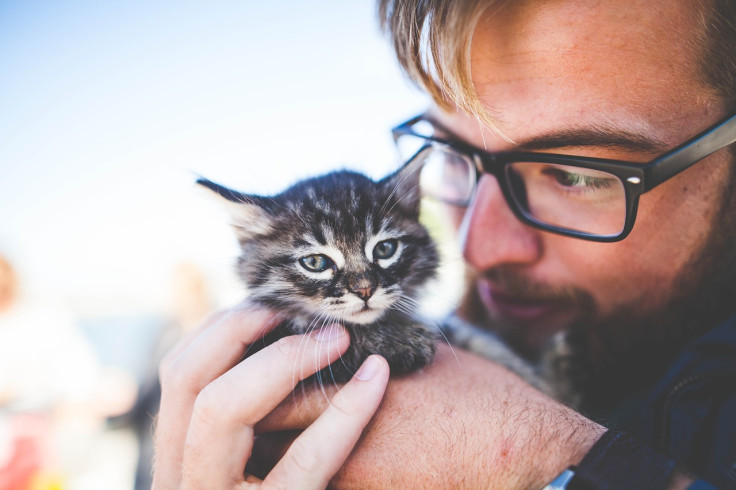
Are cat owners at increased risk of Schizophrenia? After reviewing multiple studies, researchers have identified a mysterious link between the two.
A research team from the University of Queensland in Australia reviewed 17 studies on the topic and found a 2.35 times higher likelihood of Schizophrenia in cat owners. However, the study, published in the journal Schizophrenia Bulletin, did not take into account other potential contributing factors.
The team evaluated research publications from 11 countries, including the U.S. and the U.K., in the last 44 years.
"We identified 1,915 studies, of which 106 were chosen for full-text review, ultimately resulting in the inclusion of 17 studies. We found an association between broadly defined cat ownership and increased odds of developing schizophrenia-related disorders," the researchers wrote.
Schizophrenia is a serious mental illness that affects a person's behavior, thoughts, feelings and day-to-day activities. The symptoms include delusions, hallucinations, disorganized thinking and abnormal motor behavior. The patients may also suffer from a range of negative emotions, including lack of personal hygiene, lack of eye contact or emotion. They may also develop paranoia, depression, anxiety and suicidal thoughts. The condition affects approximately 24 million people worldwide.
It is believed to be caused by a combination of factors, including genetics, brain chemistry and environment. Some studies have found links with the use of certain recreational drugs, particularly in larger quantities, and early stages of life. Although the exact cause is not known, researchers believe that having a family history of schizophrenia and certain pregnancy and birth complications, such as malnutrition or exposure to toxins or viruses, increase the risk.
The latest study has received criticism for not taking into account other potential contributing factors of schizophrenia, such as social and economic backgrounds and family histories. The study also doesn't provide an explanation for the possible link.
A 1995 study explored the possibility of developing Schizophrenia in cat owners from the parasite Toxoplasma gondii commonly found in cats. The parasite could enter a person's body through cat bites, scratches, contact with bodily fluids or feces and eating undercooked meat. Although the study came up with mixed conclusions, the team claimed house cats were an important environmental factor in the development of schizophrenia.
Studies have shown that in animals, an infection from Toxoplasma gondii can alter behavior and neurotransmitter function, while in humans, acute infection can cause symptoms such as delusions and hallucinations similar to those displayed by people with schizophrenia.







